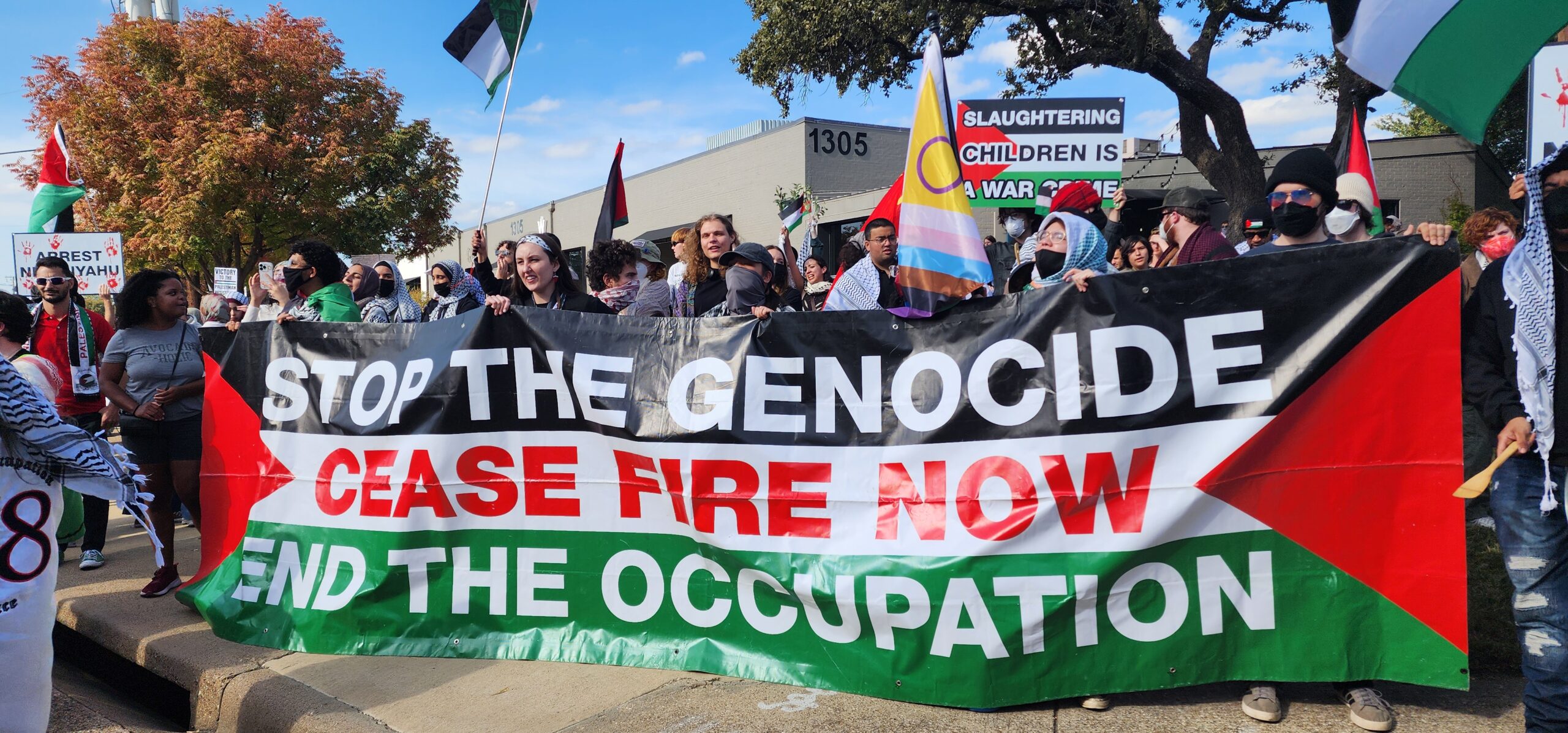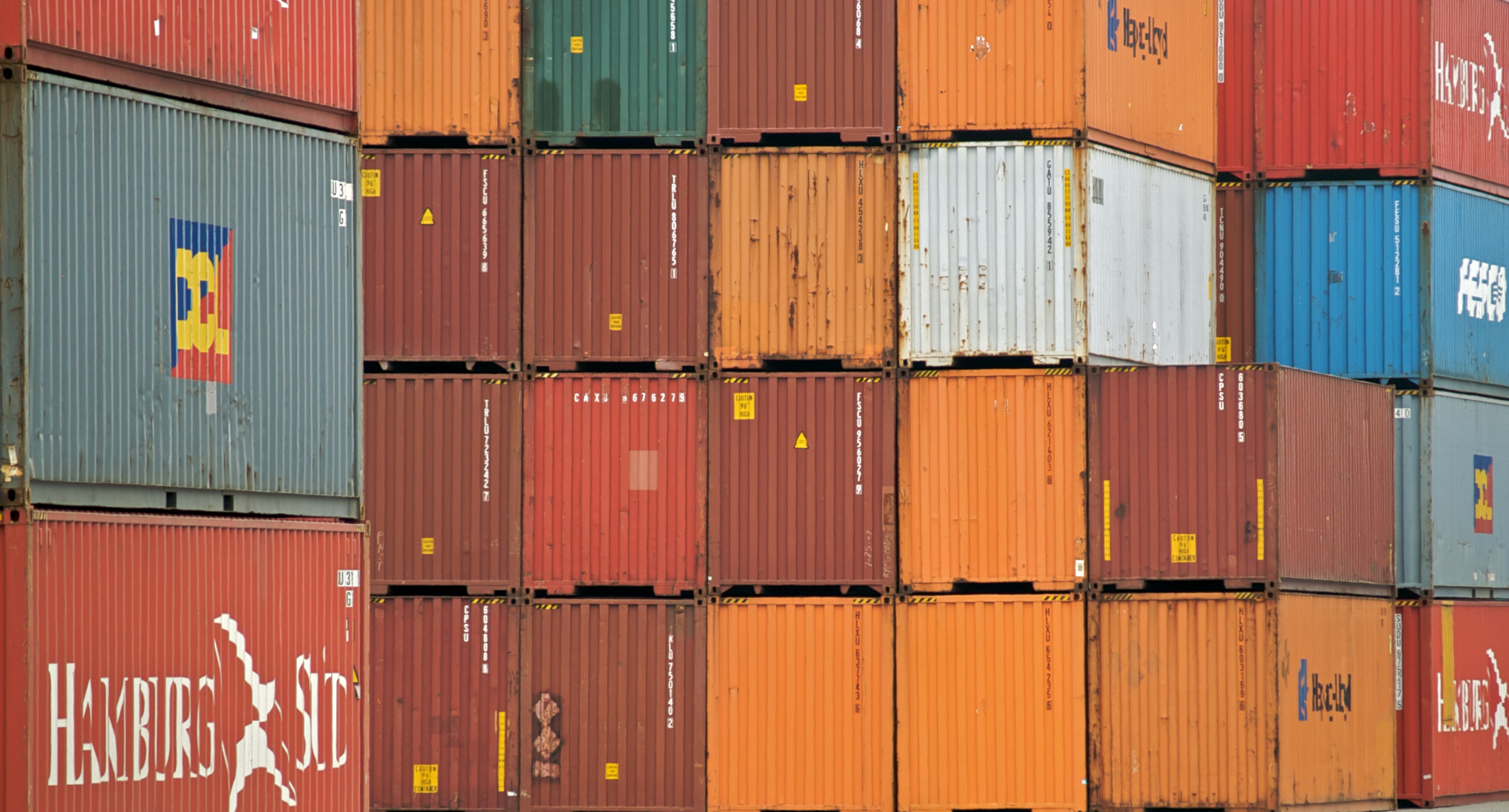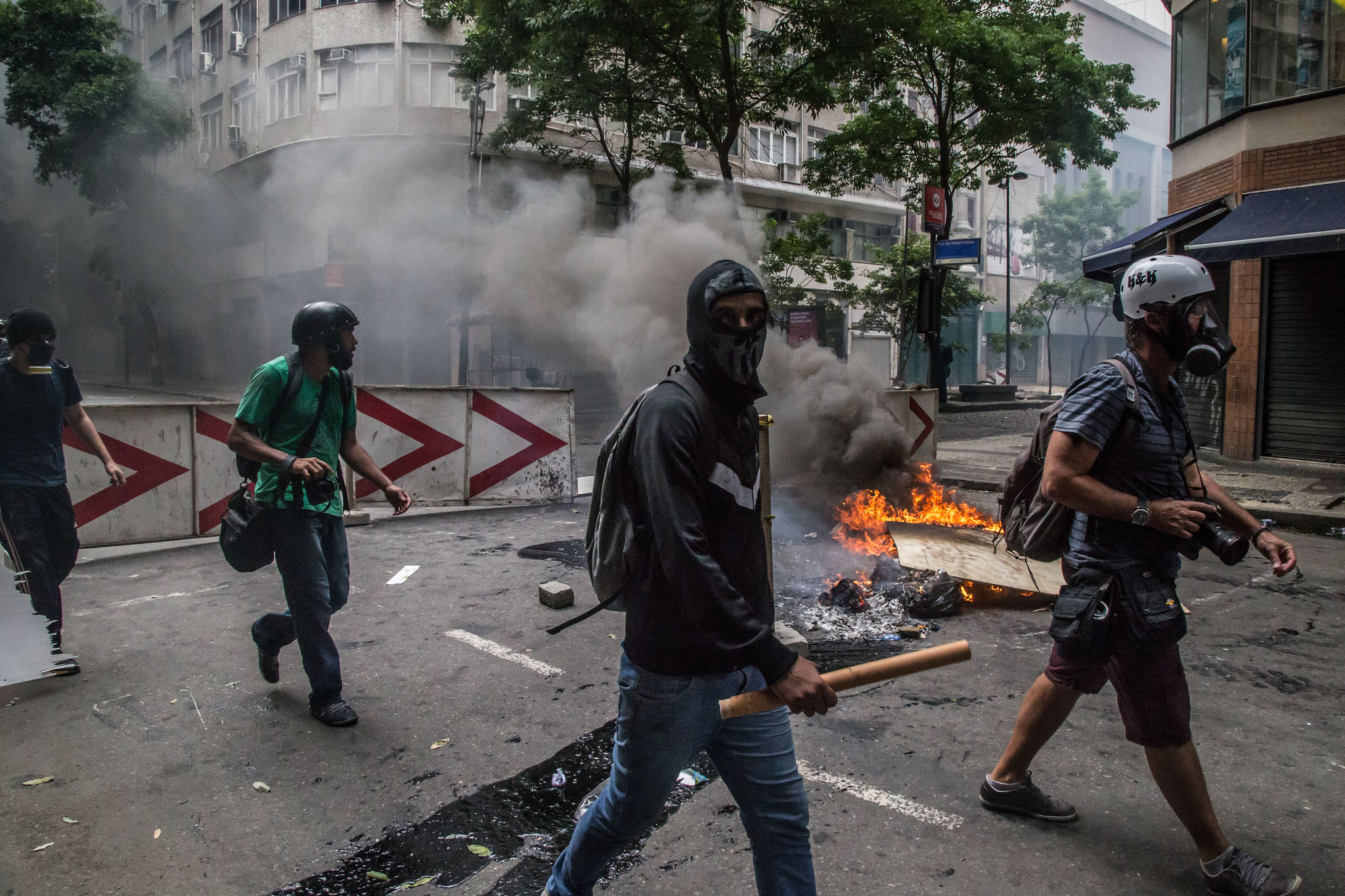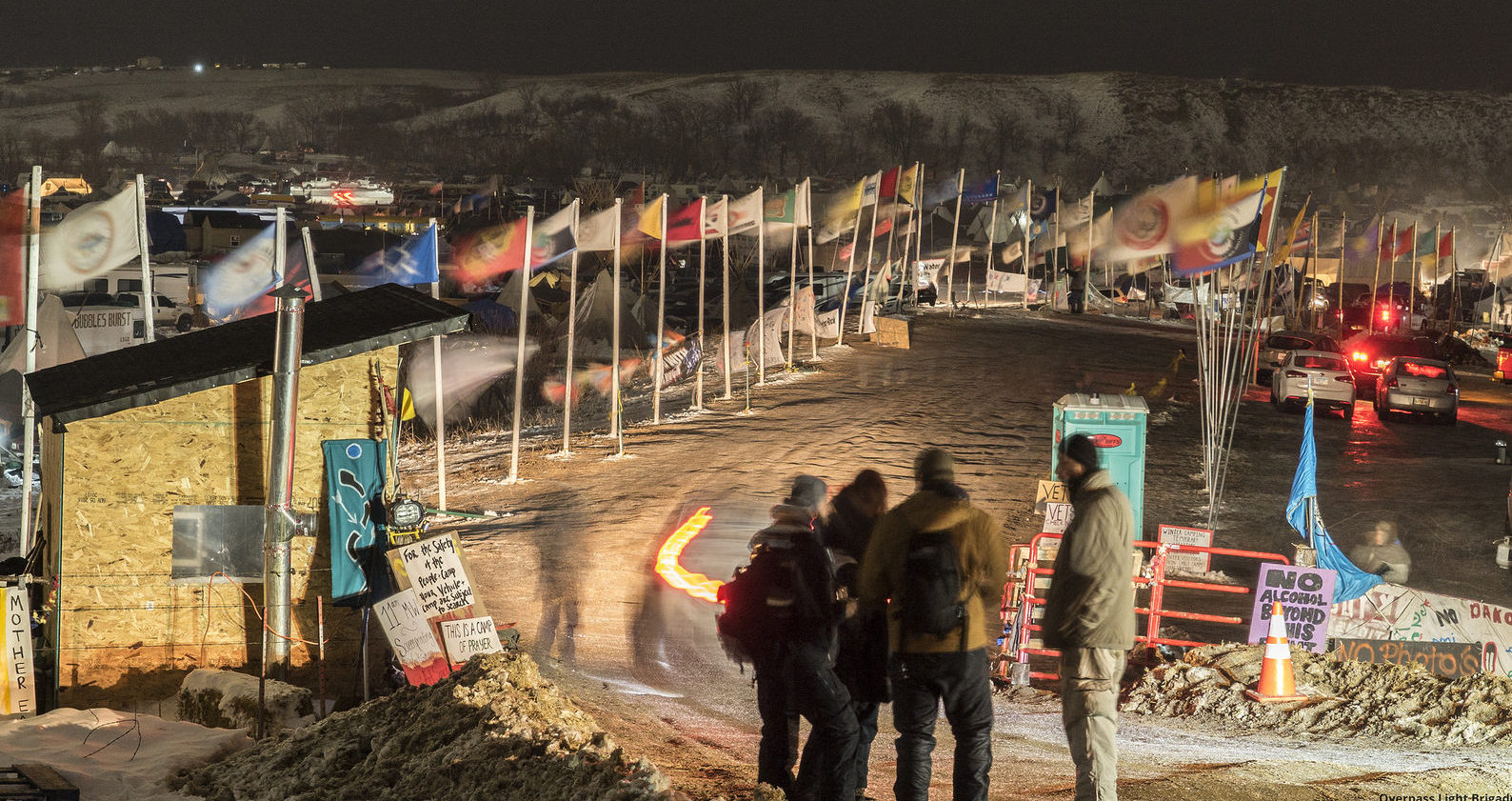As they raise awareness of an ongoing genocide, activists for Palestinian liberation in San Marcos are transforming local politics in their Central Texas community.
Last week, their city council became the first in Texas to vote on a resolution calling for a ceasefire in Gaza. In a state where even a hint of public support for Palestine brought threats from the governor to defund vital services, getting the resolution to a vote required years of coordinated organizing from a diverse, deeply engaged community who remain passionately opposed to the unfolding horrors of the Israeli occupation.
After hearing public comments from over 100 local residents in a meeting that stretched until late at night, the council members ultimately voted 5-2 against the measure. Despite this setback, the extreme dedication of the “San Martians” who wrote the resolution — and forced the city to hear hours of public testimony in support of human rights — may offer valuable lessons to other communities about what can be accomplished even in the face of intense opposition from a powerful Republican-led state political establishment.



